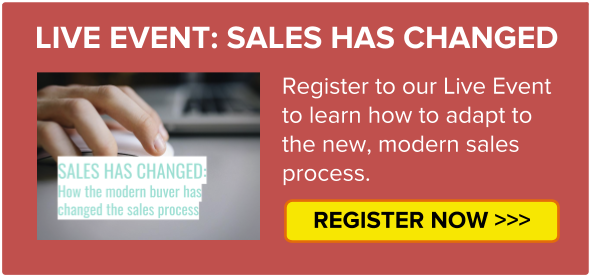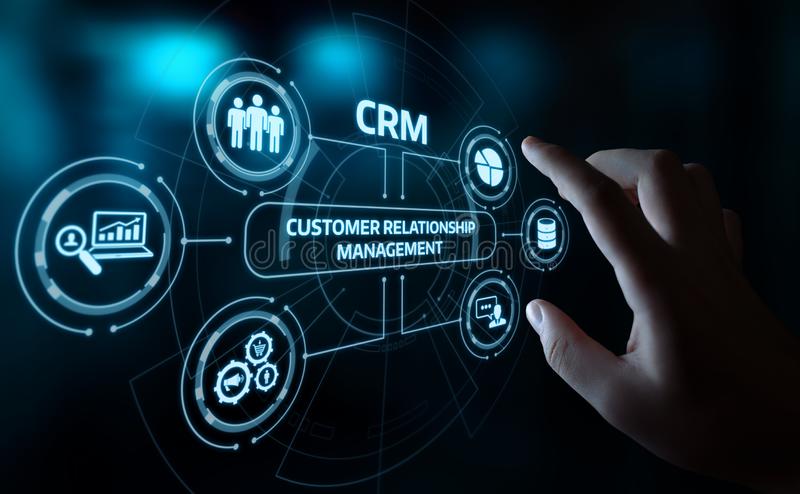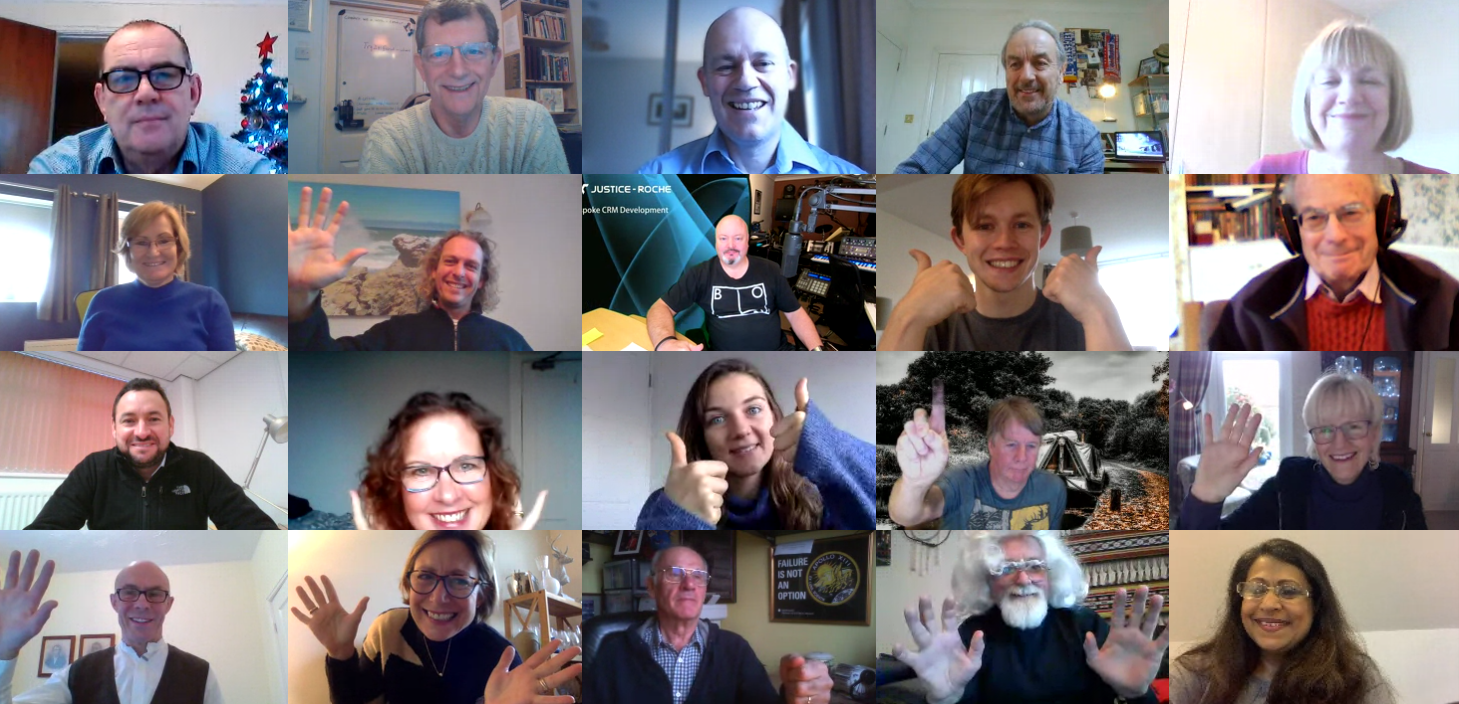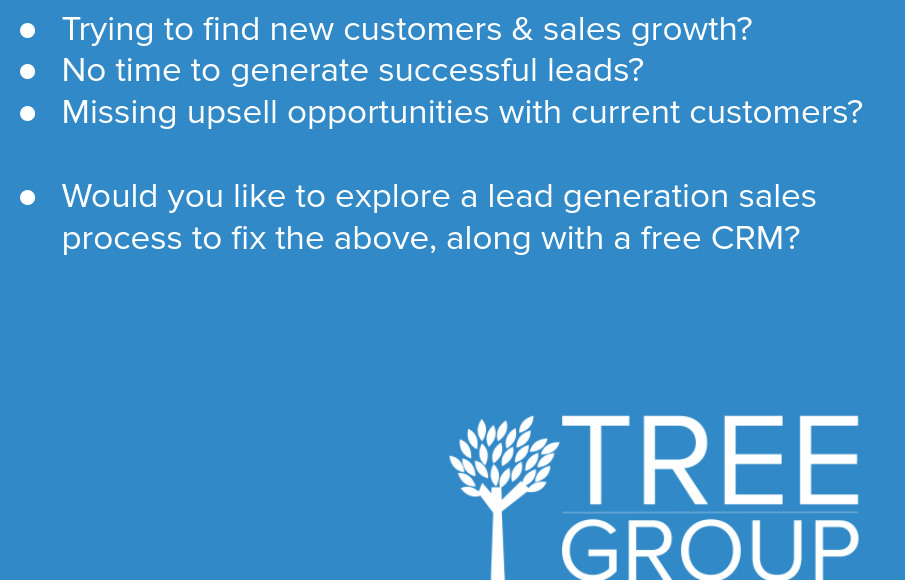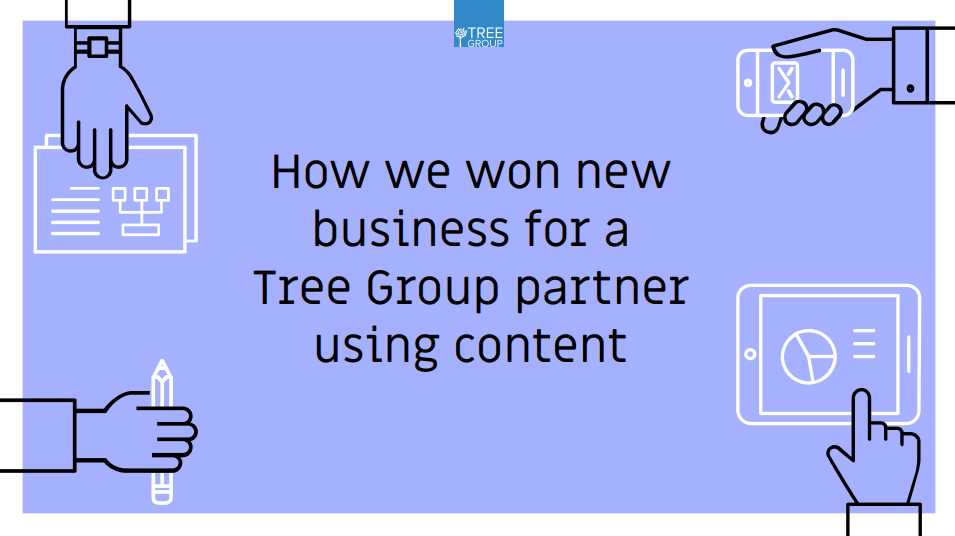Salespeople like to talk. And, that's fine. But salespeople that actively listen tend to be better and to do that you have to get good at asking questions. For this post I'm going to give you a quick list of questions for you to use.
As always you can listen by watching this video or read on...
If you want to read more on the topic of using questions in your sales activity, as it's a big topic, then you should start by reading DISCOVER Questions Get You Connected: for professional sellers by Deb Calvert. Buy it and it'll make you a better salesperson (it's part of our onboarding for new team members).
Lets start with Business questions
Ask these when you're getting to know a prospect - you'll quickly learn their challenges and goals and if you can help:
- Can you give me the 30 second overview on your business?
- Who is your target market?
- Who are your competitors?
- What is it that separates you from the competition?
- How do you fit into your industry?
- What are you finding is the biggest challenge to meeting your goals?
- What is the biggest bottleneck in your __________ process?
The questions we look at next each have a type. This is because every person you speak to is different. They all see value in different ways and it's important to talk to people how they want to be talked to. You'll learn more about this style of sales in the Discover Questions book.
You may well be thinking "how do I know the type of person I'm talking to?". Well, do your research about each person before speaking to them; start with LinkedIn, make sure you always have Ideal customer research so you know the decision makers that you're talking to, and use the handy Chrome extension called Crystal to get personality insights.
You'll also see that all of the questions help to get an open-ended answer. This helps the person you're talking to give you more detailed answers and avoid simple answers like 'no'.
I've also included blanks in some questions as you'll need to replace those parts to be relevant to your products, services, and prospects.
Then onto General questions
Use these once you've learnt more about your prospects. Use these to start to position your products and services as potential solutions:
- [data] How many __________ do you use each year?
- [issue] What issues do you have with __________?
- [solution] What types of features do you typically need to __________?
- [consequence] What obstacles do you see with the __________ you’ve worked with before?
- [outcome] What are you responsible for?
- [value] For you, which is most important: __________, __________, __________, __________?
- [example] Walk me through how you __________
- [rationale] Before you approve a new __________, what due diligence is expected of you?
If you're generating leads through your website, you'll want to use Inbound questions
These work for almost every type of lead you generate from content, such as a person downloading a document from your website:
- [data] Specifically, what other content have you accessed from us?
- [issue] What additional content would you like to see from us?
- [solution] What new ideas did the content give you?
- [consequence] What is the consequence of not acting on what you’ve learnt?
- [outcome] How were you hoping this content would help you?
- [value] What information was most interesting for you?
- [example] How does this content compare to other resources?
- [rationale] What led to your initial interest in this content?
And, use Inbound company questions if you track what companies visit your website
Good prospecting is about starting with decision makers that are active in their buying journey, i.e. somebody from an Ideal customer visits your website. With the HubSpot Prospect tool you can see what companies visit your website. At this stage you don't know what people but you can use your Ideal customer research to know the typical decision maker, find those people on LinkedIn, and start the sales process with these questions:
- [data] People at your company have shown interest lately in our website and content. Is it you who has been visiting us?
- [issue] What have you heard from your colleagues about us?
- [solution] Now that your colleagues found our website, what information would you like?
- [consequence] What are the consequences if you don’t use our __________?
- [outcome] What were your colleagues researching when they came to our website?
- [value] What did your colleagues see on our site that was of interest?
- [example] Tell me about other times when you’ve found something of interest online. How did you turn that discovery into a benefit for your company?
- [rationale] Once you research a company online, what's the typical process for progressing to a conversation and a partnership with suppliers who can help you reach your goals?
And lastly, as you get into conversations use these objection questions
This style of question isn't about giving it a hard sell. It's about encouraging your prospects to take a step back and consider things from a different angle to help progress the conversation:
- [data] What is the average cost of your __________?
- [issue] What do you know about __________ from the content we provided?
- [solution] When is a good time to talk about __________ with you?
- [consequence] Now that you’ve learned about this, what happens if you don’t take action or make a change?
- [outcome] What did you hope to learn from the content I’ve shared?
- [value] What was most valuable for you? Why?
- [example] Compared to what you knew before, what __________ could benefit from __________?
- [rationale] Why’s it a no?
There's a lot more we can get into with questions. We take it a step further and use hero and positioning statements instead of the typical elevator pitch.
Questions and active listening are an essential part of being a successful sales person. If you'd like to learn more then take a look at our sales process services or subscribe to our newsletter for more posts and article on business growth, sales, marketing, and websites.


